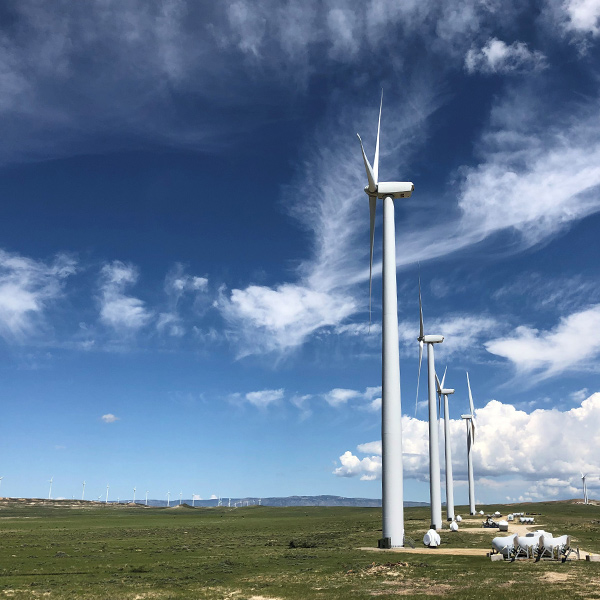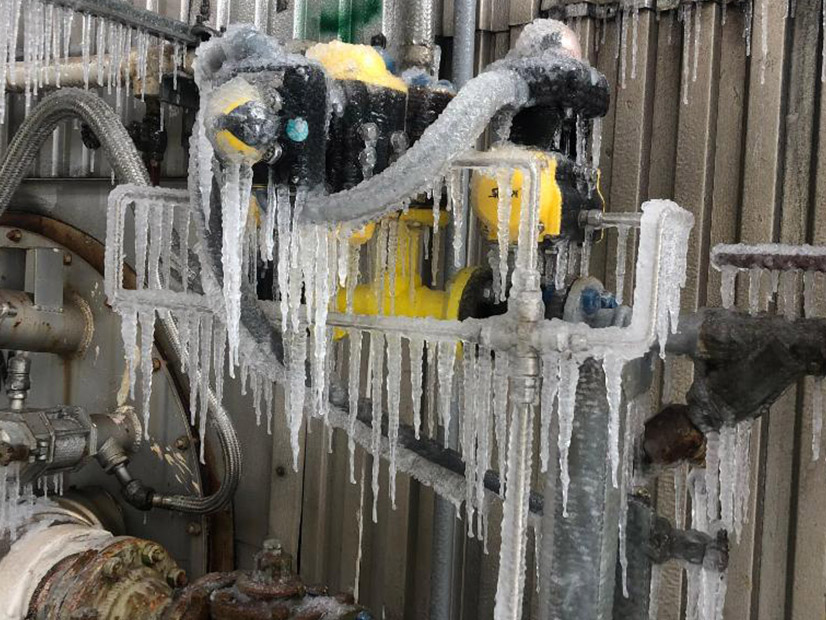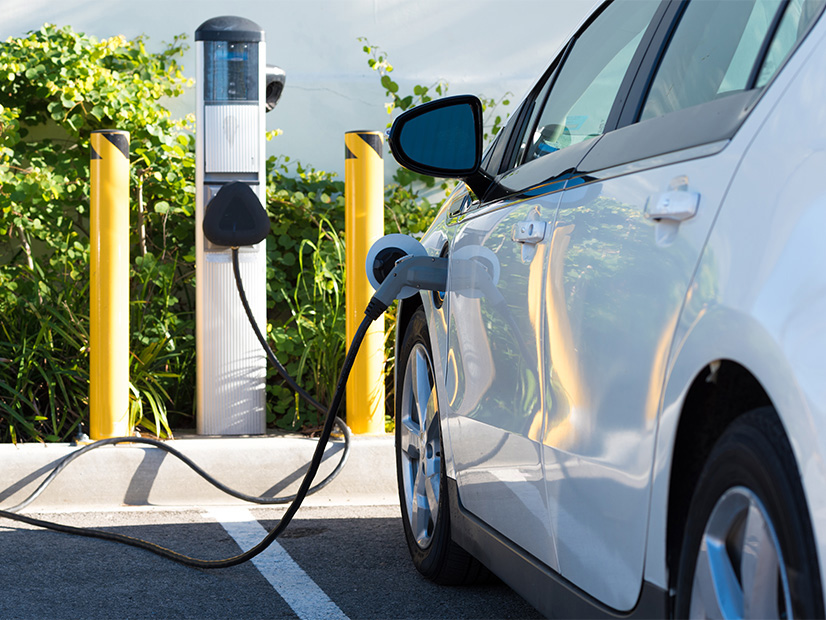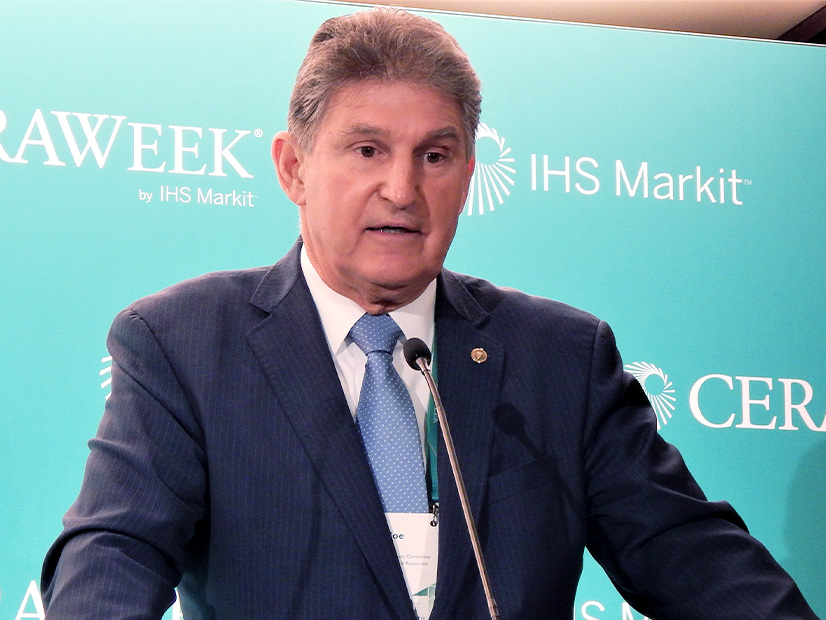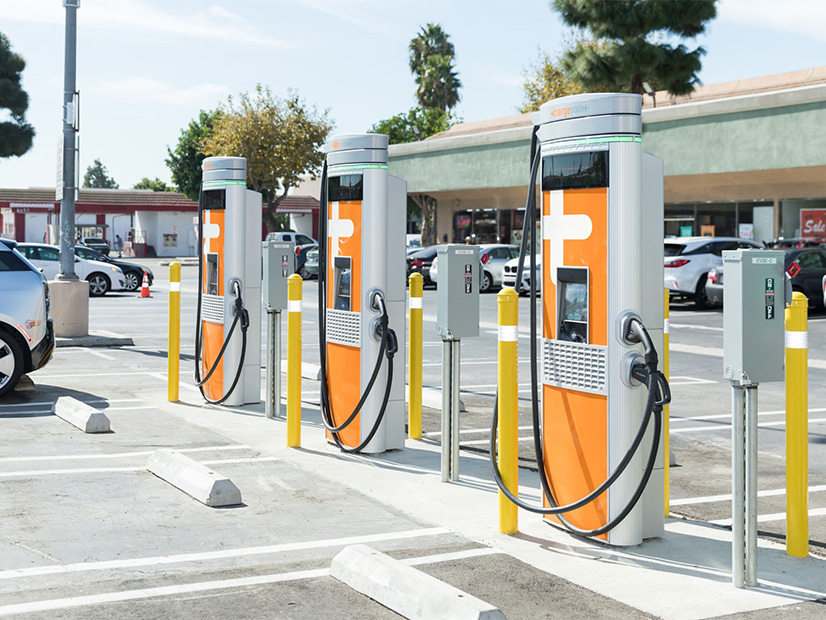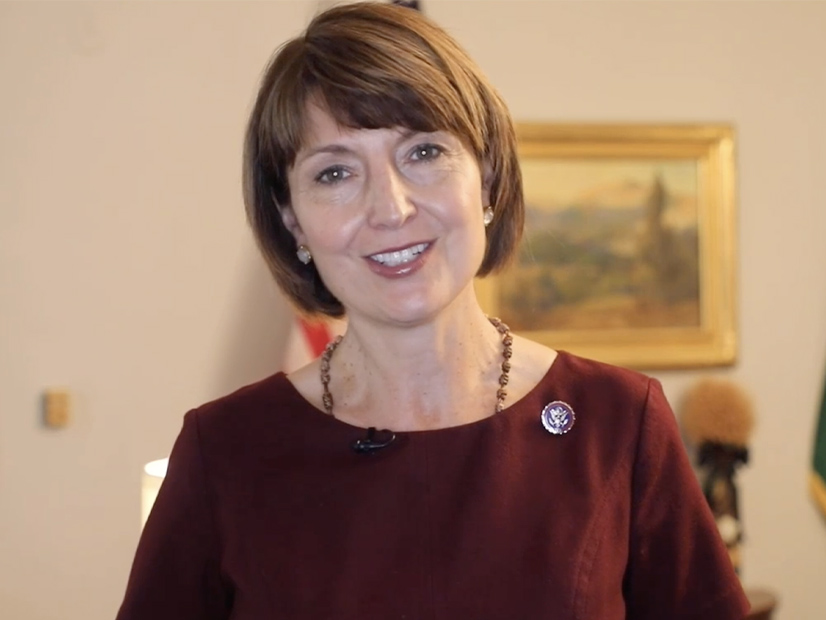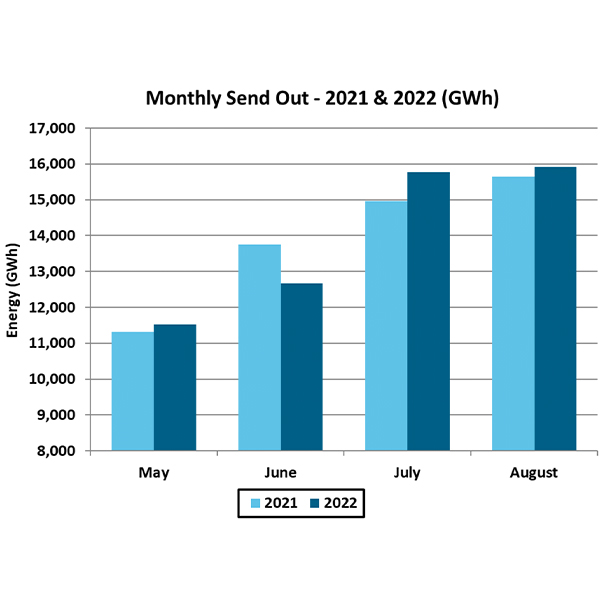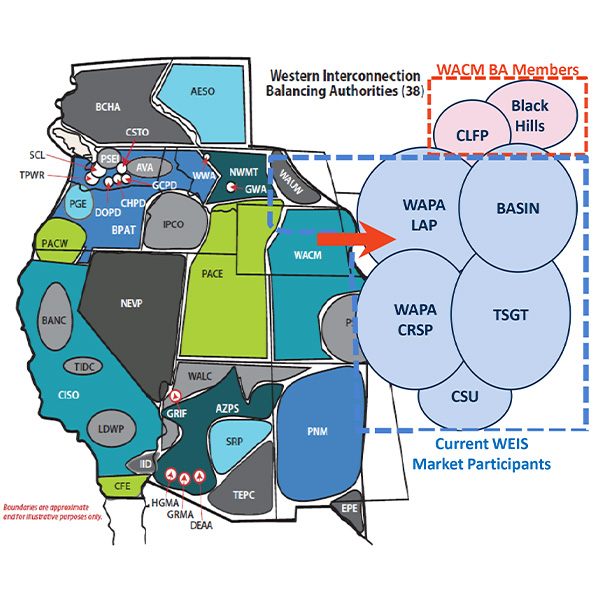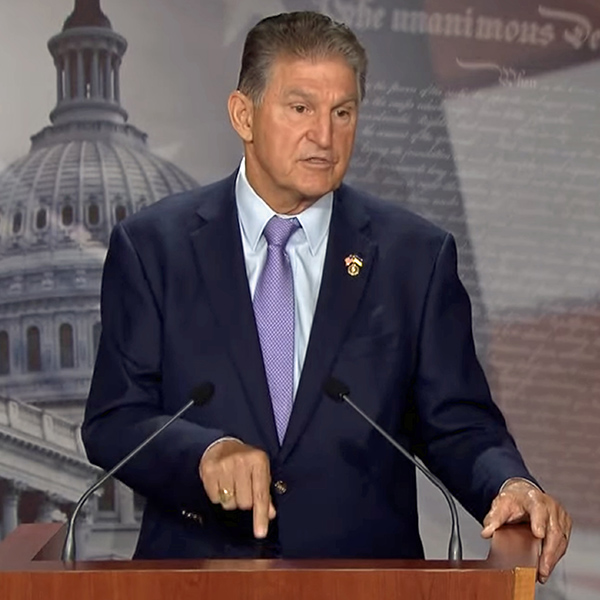FERC & Federal
The Federal Energy Regulatory Commission is an independent regulatory agency that oversees the transmission of electricity, natural gas and oil in interstate commerce, as well as regulating hydroelectric dams and natural gas facilities.
The impact of growing power demand is a key problem in the drive to decarbonize U.S. electricity, said Robert Rowe, president of NorthWestern Energy.
The Texas PUC has adopted expanded weather preparation rules for generators and transmission utilities during both summer and winter weather events.
Maryland surpassed its greenhouse gas emission-reduction goal for 2020, according to the final data released by the state Department of the Environment.
Short of votes, Sen. Joe Manchin withdrew his controversial infrastructure permitting bill from inclusion in the Senate’s must-pass spending bill.
The Biden administration approved EV charging plans for all 50 states, opening the spigot on $1.5 billion to add chargers over 75,000 miles of highway.
Conservatives' plan to reach net zero includes contributions from gas, nuclear and hydrogen, speakers said at the National Clean Energy Week Policy Symposium.
NYISO presented its proposed comments to a FERC rulemaking on interconnection queues, summer temperatures and results for solar units part of the 2022-01 EDS.
A series of "fireside chats" at the Global Clean Energy Action Forum focused on what steps the U.S. must take to develop a competitive clean energy sector.
FERC revoked Tri-State's market-based rate authority in the Western Area Power Administration's Colorado-Missouri balancing authority area.
Sen. Joe Manchin revealed the text of a much awaited proposal to streamline the permitting process for electric transmission and natural gas pipeline projects.
Want more? Advanced Search
